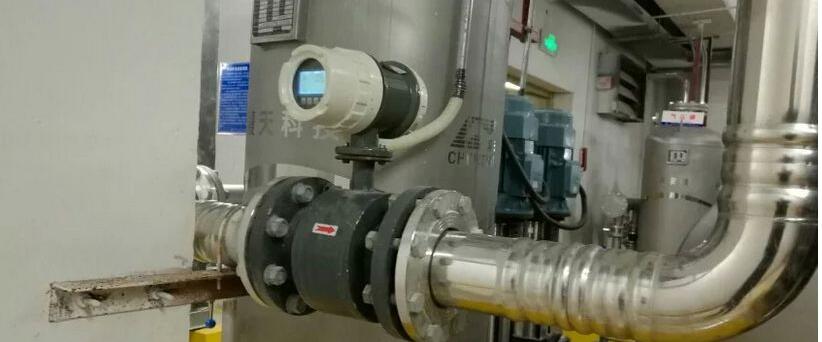With the introduction of new technologies, flow meters have come in a variety of choices that has made it difficult to choose the correct one. Either way, you need to choose the right one for important data collection. If you land on a wrong on, you risk losing your money as well as waste a lot of production time. Below is a simple guideline for choosing an appropriate flow meter for your application.
Price versus popularity
Price and popularity are some of the popular methods that people rely on when selecting their flow meter. If you choose a cheaper flow sensor, you are likely to compromise on quality and performance.
Coriolis Flow Meters have a high initial investment at the purchase level, but you're going to save on maintenance costs since they're easy to maintain and doesn't require frequent maintenance.
However, choosing the most common flow meter in your industry doesn't always guarantee good performance. You risk losing revenue if the flow meter isn't meant for that particular application.
New technologies for new solutions
New technologies put flow measuring instruments in the market and provide better flow measurement solutions. Earlier, there was need to re-calibrate the inline ultrasound flow meters when a new fluid was introduced, and it was no longer useful in areas where hygiene was very important. The introduction of new ultrasonic flow meters have solved the problem and enabled the application of inline ultrasound flow meters for the same application types.
Many variables influence flow meters and are unique to every application
Mass and Volume measurement
Volume and mass are the measurements of flow meters. They are, therefore, either volumetric or mass flow meters. You can use the density and variables agreed on to calculate mass from volume and volume from mass. The measurement to use depends on the application, purpose and the components of the measurement.
Categories of flow meters
Some flow meters cannot function with the application hence are easily eliminated. For example, electromagnetic flow meters cannot be applied with hydrocarbons and need conductive liquid to work. Many types will not be able to measure slurries and gases ,such as liquid turbine flow meters or oval gear flow meter. Below are the main categories of flow meters and the fluid type they can handle.
-
Gas- Coriolis Mass, Variable Area, Ultrasonic, Thermal Mass flow meter, Turbine, Positive Displacement, and Differential Pressure
-
Liquid- Coriolis Mass, Variable Differential Pressure, Ultrasonic, Thermal Mass,T urbine, Positive Displacement, and Electromagnetic
-
Slurry- Coriolis Mass, Electromagnetic, Floating Element
-
Vapor- Vortex, Diaphragm
Fluid Properties
Below are components of fluid components.
-
*Types of fluid- liquid, gas, vapor, slurry
-
*Density
-
*Temperature
-
*Pressure
-
*Velocity
-
*The fluid condition (foreign objects, air bubbles or suspended particles)
-
*Other contaminants
-
*Flow range
-
*Flow consistency
-
*The material's corrosive nature
Physical Properties
It's also important to understand the site's physical properties. Some of them include:
-
1. The pipe configuration prior to and after the flow meter plus the length of a straight pipe at flow meter's inlet and outlet.
-
2. Pipe's size matters as some flow meters perform purely with small pipes while large pipes cannot measure fluids.
-
3. The material used to make the pipe
-
4. The environmental surrounding and is it stable or variable
-
5. The angle that the flow meter will work on
The Flow Meter Specifications
You should also take into account the specifications of flow meter.
-
Accuracy: Accurate is an important factor in the flow meter. Nobody will want an inaccurate flow meter, but not all possess the accuracy as some applications don't need the precision.
-
Repeatability: You should be able to obtain the same results on the same tests or measurements regardless of the time you measure on the same conditions.
-
Turndown Ratio: This is the range in which the fluid can be measured accurately. You should get a flow meter with the biggest range without compromising on other variables.
-
Hygiene: Hygiene is important for flow meters in food, medical industry, and pharmaceuticals industry. They need sterile environments.
-
Cost: The estimation of the cost should include the maintenance, repair, and installation costs. It should also include how much it will cost to operate.
From the above, it is evident that selecting the appropriate flow meter is not an easy task. These are just the basics when considerations such as the models are not put into place. To be on the safe side, you should get an expert to help with the best choice of the flow meter as experience is very important.
